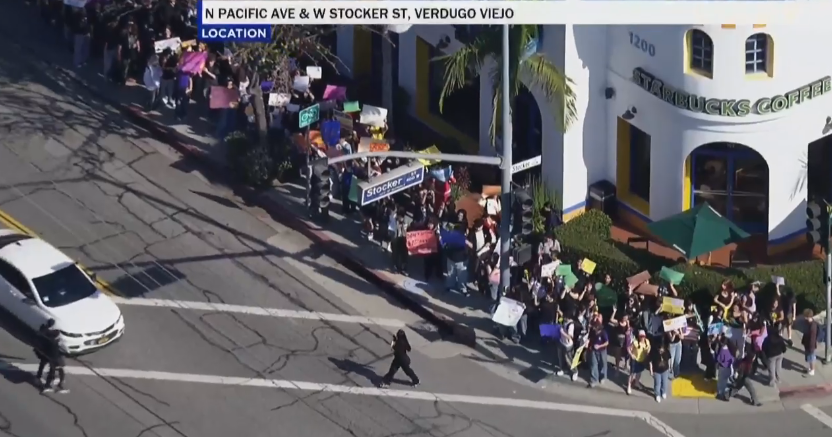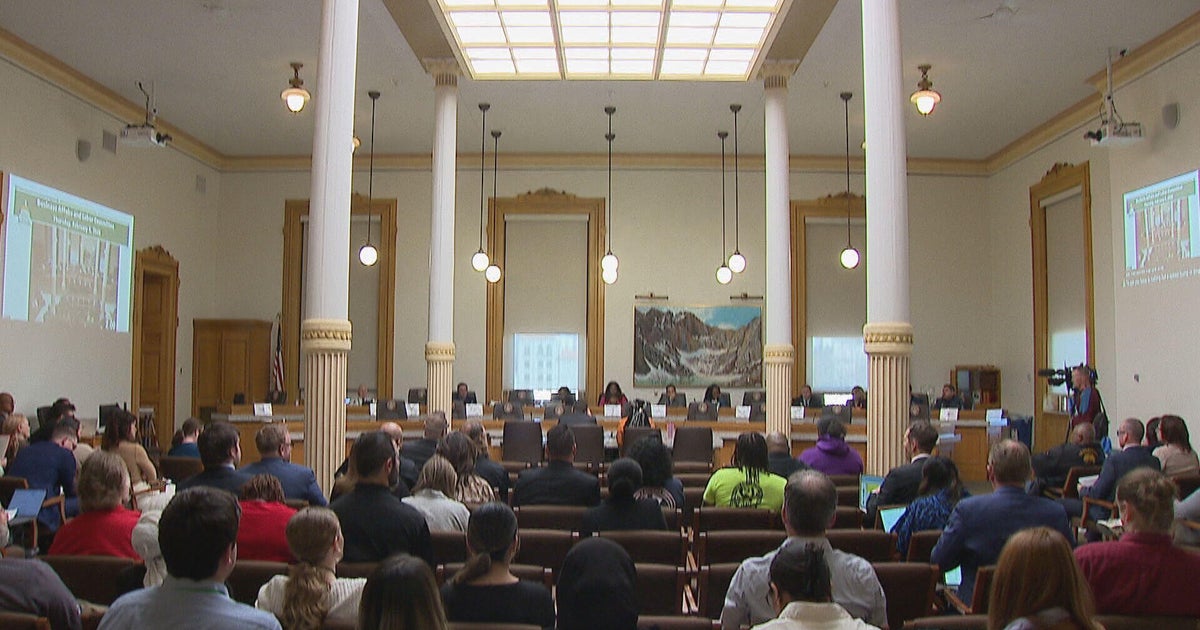Minority Groups Oppose New Texas Voting Maps
AUSTIN (AP) - Disheartened and angry over the latest Texas voting maps handed down by federal judges, Democrats and minority rights groups looked Wednesday to a separate court in Washington as their last likely hope of cutting deeper into a solid Republican majority in the 2012 elections.
The GOP stands poised to hardly lose any power under the latest Texas congressional and state House maps delivered this week by a San Antonio federal court, which confronted how the state's political boundaries should be changed with more than 3 million new Hispanic residents.
Minority rights groups who sued the state over the original maps -- drawn by the Republican-controlled Legislature last summer -- received from the court Tuesday what will likely be the maps used this election year. They slammed those maps as a disaster, but with the twice-delayed Texas primaries on track for May 29, they also now face long odds of getting the lines redrawn yet again.
"This was a total devastation for the Latino community across Texas," said Luis Vera, attorney for the League of United Latin American Citizens.
Seeking to illustrate how poorly the maps were drawn, Vera met reporters at a San Antonio intersection where three separate congressional districts would converge. One district goes north 80 miles to Austin; across the street, another district begins that stretches more than 550 miles west to El Paso.
On Tuesday, LULAC joined with the NAACP and three other groups in asking the Washington court to expedite its ruling on whether the Texas Legislature's original maps violate the federal Voting Rights Act. They hope that a favorable ruling from the Washington court will compel the San Antonio court to go back and alter districts ruled to be in violation.
The San Antonio court, however, is not bound to make changes to the 2012 maps based on what is handed down from the three-judge panel in Washington. In that scenario, Vera said the next step would be appealing to the U.S. Supreme Court, but even lawyers for the same minority groups acknowledge a victory there to be a longshot.
Under the court's latest map, Democrats say 11 of the state's 36 congressional seats would be minority-opportunity districts. A surge in population over the last decade awarded Texas four new congressional seats, which are likely to be evenly split among Republicans and Democrats.
Republicans largely cheered the maps as a victory. According to an analysis by the state GOP party, Republicans lost only one state House seat from their original map and projected they could win as many 20 of the 31 state Senate seats.
In all, Republicans say they could win 100 out of 150 seats in the next state House election.
Another victory for Republicans is the increased likelihood of the May 29 primary sticking, giving the delegate-rich state a chance to remain relevant in the Republican presidential primary if Mitt Romney hasn't sewn up the nomination by then.
It's unclear when the Washington court will issue a ruling. But the timing is important because national party rules require primary elections be held by June 26. If the court doesn't act in time, this year's Texas elections would be held under the temporary maps proposed by the court in San Antonio.
The Texas primary was once considered the biggest prize of next week's Super Tuesday, but the legal wrangling over redistricting has pushed the state's primary back twice -- from March 6 to May 29.
The U.S. Supreme Court threw out the San Antonio court's first attempt to draw temporary maps because they didn't adhere closely enough to what the Legislature created. The court released a second set of maps on Tuesday following the Supreme Court's instructions.
Since the new congressional and state House maps are based on the Legislature's originals, the court-drawn maps reflect the same "intentional discrimination" of the Legislature's maps, the groups argued in the court filing Wednesday.
The Washington court has said it would probably rule sometime in March. If the courts accept the minority groups' argument, such a move could delay the Texas primaries back again.
(© Copyright 2012 The Associated Press. All Rights Reserved. This material may not be published, broadcast, rewritten or redistributed.)
Also Check Out:







